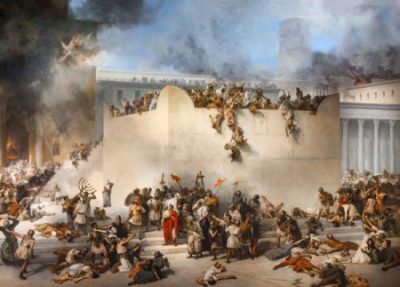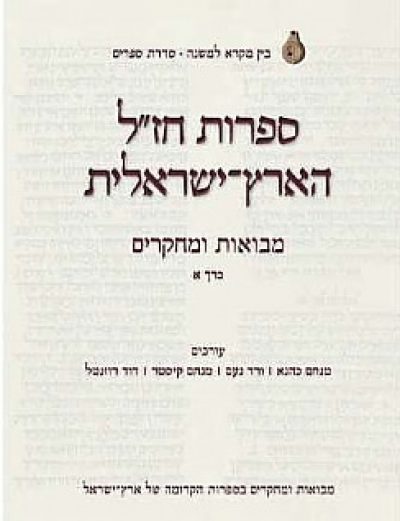
Judaism
Learn more about Judaism and Jews in the Holy Land
- All
- Jewish Basic Concepts
- Jewish Communities
- Jewish festivals
- Jewish Life Cycle
Tisha B’Av
Tisha B’Av is a Jewish day of fasting, symbolising the peak of the three week mourning known as Bein ha-Metzarim. It is considered the most …
Introduction: Who are the Jews?
Who exactly are the Jews? There are those (including many Jews themselves) who see them as a religion (like Christianity or Islam) while others see …
The Jewish Calendar – Introduction
Every human culture has particular ways of marking time, calendars and festivals—usually, both feasts and fasts. It is human to seek meaningful ways of marking …
Torah
While often mis-translated as “law” Torah means “teaching.” Torah is used in the widest possible sense including teaching, wisdom, doctrine, heritage and tradition and can …
Mitzva
Mitzvot (pl.) are commandments. The Talmud calculates that the number of mitzvot commanded by God in the Torah is 613. These are divided into positive commandments (248 things …
Sages – Hazal
Hazal is an acronym for the Hebrew words Hakhameinu Zikhronam Livrakha (our sages of blessed memory) and refers primarily to the rabbis of the Talmudic period.
The group known as the sages came into being in the second Temple times and continued until the Arab/Muslim conquest – a period of over 1,000 years. The Sages were dedicated to interpreting the Written Torah (s.v.) and applying it to Jewish life. According to their own tradition (Pirkei Avot 1:1) the Sages inherited the traditions revealed to Moses orally, passed them on and developed them further. Belief in the Oral Torah is the most important characteristic of this group. They are the creators of the Mishna, Talmud and Midrash (s.v. Torah – oral).
Rabbi
The rabbi is the dominant clerical figure in Judaism. The term Rav (heb: רב ) means master and is used in the sense of teacher. …
Halakha
Halakha is Jewish law. The word is derived from the Hebrew root .ה.ל.ך meaning “ to go” and it denotes law in the sense that this …
Shabbat
In the Hebrew language, six out of the seven days of the week do not have names. They are, rather, “the first day,” “the second day,” and so on, up to “the sixth day.” Only the seventh day has a name—Shabbat, the Sabbath. The root of Shabbat is resting, refraining from work. But the traditional Shabbat is much more than simply a day off.
Kashrut
Kashrut is the term for the Jewish dietary laws. Torah law enumerated several basic prohibitions of certain food and these were further elaborated by the …
Synagogue
The synagogue (Bet Knesset) is the community’s home for public prayer and reading of the Torah. It is the center of a religious community’s life …
Tzedaka
Tzedaka, which is often translated as “charity”, derives from the root צ,ד,ק which – as in Arabic – has the meaning “correct” or “just.” Since …
Teshuva
While the concept of original sin is not central to Judaism, the Torah recognized that people were created with bad urges (Gen. chaps. 6, 8). …
Jerusalem
History While Jerusalem is not mentioned explicitly in the Torah it does appear often (over 600 times) in the Tanakh. Jewish tradition regards Mt. Moriah …
Eretz Israel
The term Eretz Yisrael Israel is the collective name of the Jewish people, descendants of the tribes established by the sons of Jacob, who was …





